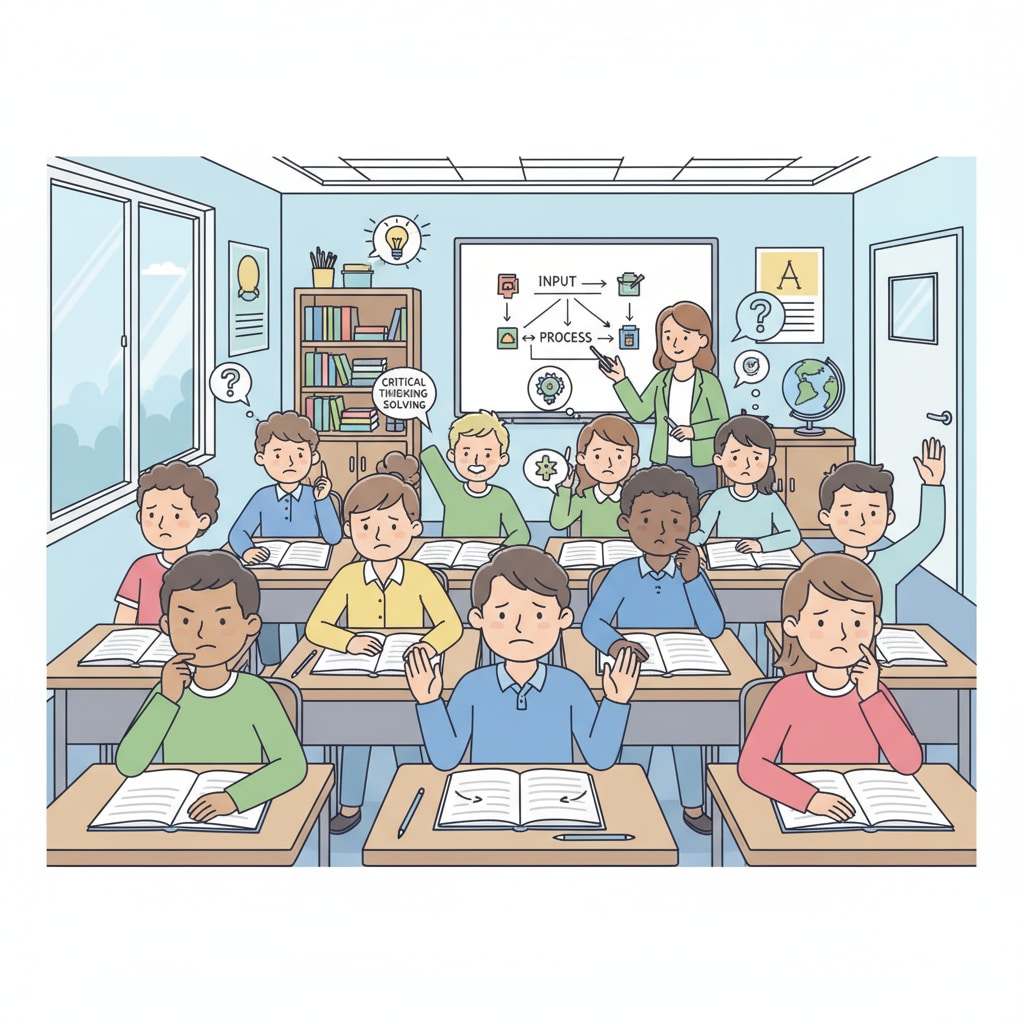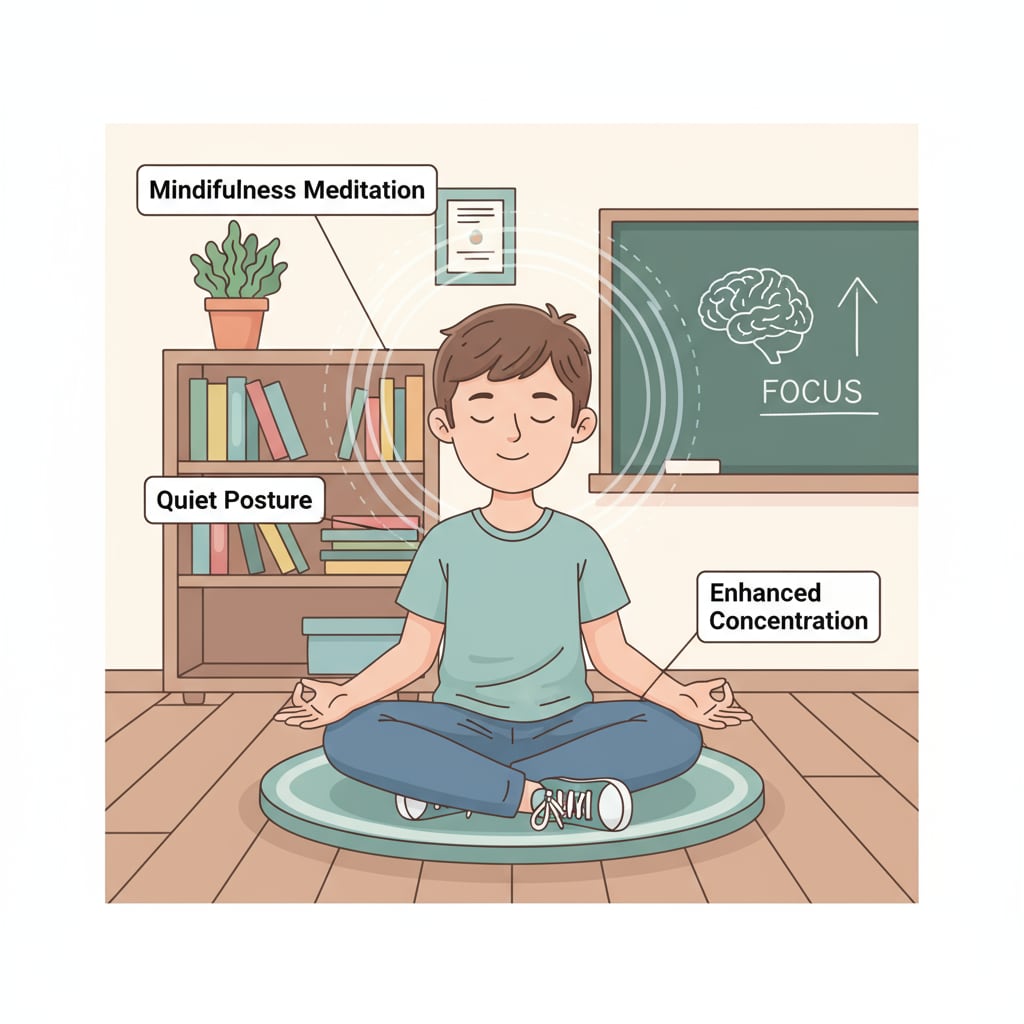In the digital age we live in, thinking abilities, concentration, and cognitive functions among K12 students are under threat. The constant influx of information from various digital platforms has made it increasingly difficult for students to engage in deep thinking. Understanding the factors at play and implementing effective strategies is crucial for educators and parents alike.

The Impact of the Digital Age on Cognitive Functions
The digital revolution has brought about a plethora of distractions. Students are bombarded with social media notifications, video games, and a never-ending stream of online content. This constant stimulation makes it hard for them to maintain focus, which is a fundamental aspect of cognitive function. According to Attention Psychology on Britannica, attention is the gateway to learning and deeper thought processes. When students are unable to focus, their ability to analyze, synthesize, and evaluate information – key components of thinking abilities – is severely hampered.
Strategies to Enhance Concentration
One effective strategy is to create a distraction-free learning environment. Schools and parents can limit access to digital devices during study hours. Additionally, teaching students mindfulness techniques can significantly improve their concentration. Mindfulness helps students become more aware of their thoughts and emotions, allowing them to better control their attention. For example, short meditation sessions at the beginning of a class can help students clear their minds and prepare for focused learning.

Fostering Critical Thinking
Critical thinking is at the core of deep thinking. Educators should design lessons that encourage students to question assumptions, analyze evidence, and form their own opinions. Socratic seminars, where students engage in open discussions and debates, are an excellent way to develop critical thinking skills. By challenging each other’s ideas, students learn to think more deeply and consider multiple perspectives. As Critical Thinking on Wikipedia states, critical thinking involves the evaluation of information and arguments, which is essential for students to develop strong thinking abilities.
In conclusion, restoring and cultivating deep thinking in K12 students requires a multi-faceted approach. By addressing the challenges posed by the digital age, enhancing concentration, and fostering critical thinking, we can help students develop the cognitive functions necessary for success in the 21st century.
Readability guidance: The article uses short paragraphs and lists to summarize key points. Each H2 section provides practical strategies. The passive语态 is kept to a minimum, and transition words like ‘additionally’ and ‘for example’ are used to enhance readability.


